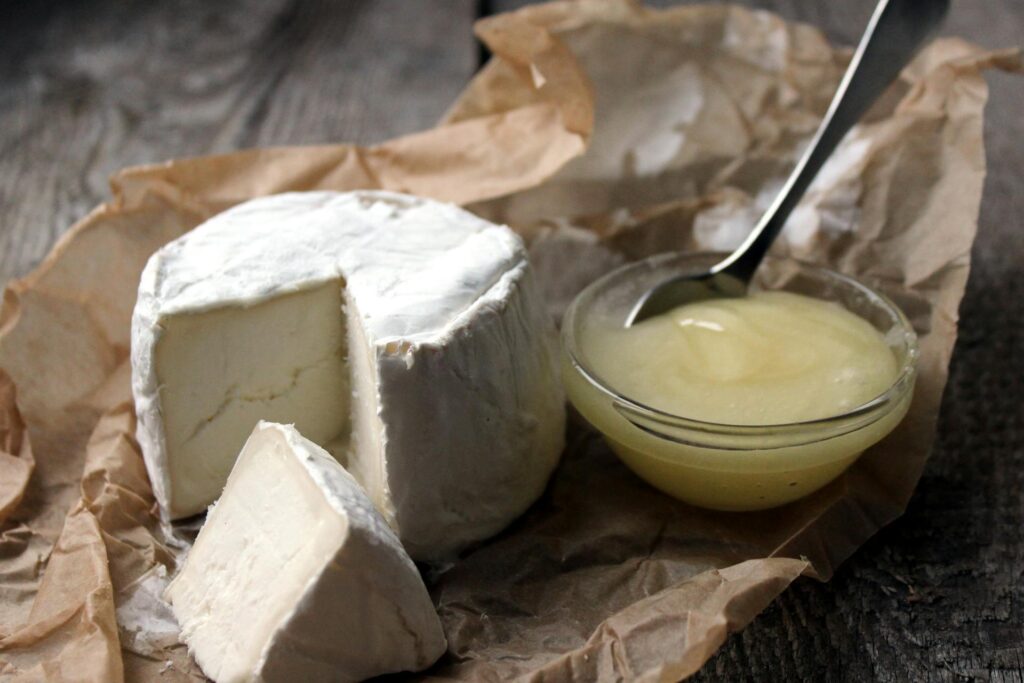The journey of crafting exquisite cheese begins with a seemingly unassuming ingredient: starter cultures. These carefully selected microorganisms, primarily bacteria, are the unsung heroes behind the transformation of milk into a diverse array of flavours, textures, and aromas that define the world of cheese. Understanding the fundamentals of starter cultures is paramount for any aspiring home cheesemaker or seasoned artisan, as they dictate the very character of the final product. Without these microscopic powerhouses, milk would simply spoil, never undergoing the controlled fermentation that yields the cheesy magic we know and love.
At their core, starter cultures perform several crucial functions in cheesemaking. Their primary role is to ferment lactose, the natural sugar found in milk, into lactic acid. This increase in acidity is vital for several reasons. It aids in the coagulation of milk proteins, forming the curds that are the foundation of cheese. Furthermore, the lactic acid inhibits the growth of undesirable bacteria that could lead to off-flavours or even spoilage, ensuring a safe and predictable cheesemaking process. Beyond acidification, starter cultures also contribute significantly to the flavour development of cheese, producing various aromatic compounds and enzymes that break down fats and proteins over time.
Starter cultures are broadly categorized into two main types: mesophilic and thermophilic. Mesophilic cultures thrive at moderate temperatures, typically ranging from 20°C to 35°C (68°F to 95°F). These cultures are commonly used for making cheeses like Cheddar, Gouda, and many fresh cheeses. They are known for producing a milder acidity and contributing to buttery and aromatic flavour profiles. On the other hand, thermophilic cultures flourish at higher temperatures, generally between 35°C and 45°C (95°F to 113°F). These are essential for making cheeses that undergo higher cooking temperatures, such as Mozzarella, Parmesan, and Gruyère. Thermophilic cultures tend to produce a slightly higher acidity and contribute to the distinct, often sharper, flavours found in these cheeses.
Within these two main categories, there exists a wide variety of specific starter culture strains, each with its own unique characteristics and flavour contributions. Some cultures are single-strain, containing only one type of bacteria, while others are mixed-strain, combining multiple beneficial bacteria to achieve a more complex flavour profile and reliable fermentation. Cheesemakers carefully select their starter cultures based on the desired outcome, considering factors like the type of milk used, the intended style of cheese, and the desired aging period. Experimenting with different cultures can lead to a fascinating exploration of flavour nuances and the development of signature cheese styles.
For home cheesemakers in Australia, sourcing quality starter cultures is relatively straightforward. Many online suppliers and specialty cheesemaking stores offer a range of both mesophilic and thermophilic cultures in various forms, including freeze-dried and frozen options. Proper storage of these cultures is crucial to maintain their viability. Freeze-dried cultures should be kept in a cool, dry place, often in the refrigerator, while frozen cultures must remain frozen until use. Following the supplier’s instructions for activation and usage is essential to ensure successful fermentation and the desired outcome in your homemade cheese.
In conclusion, starter cultures are the invisible architects of flavour and texture in the captivating world of craft cheesemaking. Understanding their fundamental roles, the distinction between mesophilic and thermophilic types, and the importance of proper selection and handling is a cornerstone of successful cheesemaking. Whether you are a novice just beginning your cheesy adventures or an experienced maker seeking to refine your craft, a deeper appreciation for these microscopic allies will undoubtedly elevate your cheesemaking journey and unlock a world of delicious possibilities.
